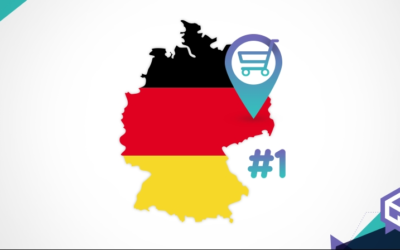How is a company registered in Germany?
Registering a company in Germany is a rather complicated process. The most popular form of ownership of legal entities is GmbH. As for the authorized capital requirements, they are as follows:
- the minimum authorized capital of GmbH is 25 thousand euros;
- The minimum amount of capital must be deposited upon registration is 12.5 thousand euros.
Registration of a company in Germany is the responsibility of a notary. A mandatory requirement for organizations is a presence of a manager (director). There must also be at least one shareholder (he can also be a director of the GmbH). When registering, you need to make the following German company formation fees:
| 1 |
fees for registering a company in Germany – 600 EUR; |
| 2 |
fees for inclusion in the Register of Organizations – 300 EUR; |
| 3 |
contribution to the municipal budget (set by local authorities). |
To register a company in Germany, you need to prepare several documents. As we have already said, the Germans are very conscientious about the data provided, so it is important to complete all the documents correctly and without errors. To register a company in Germany, you will need:
- application in the prescribed form;
- founder’s profile;
- director’s profile;
- ID cards of the founder and director (if there are several founders – a list, questionnaire, and ID card of each);
- charter and information about the activities of the organization;
- A notarized copy of the document establishing the organization (if you are opening a representative office of an organization registered in another country);
- notification to local authorities of the establishment;
- Checks confirming the transfer of obligatory payments.
In the founder and director’s questionnaires, the last and first name, registration address, date of birth, and marital status must be indicated. German law has an exciting nuance—if the founder or director is married, the spouse must be present when signing all documents. Therefore, it is better to register a company in Germany using a power of attorney. In this case, the applicant’s presence is not required.






















































